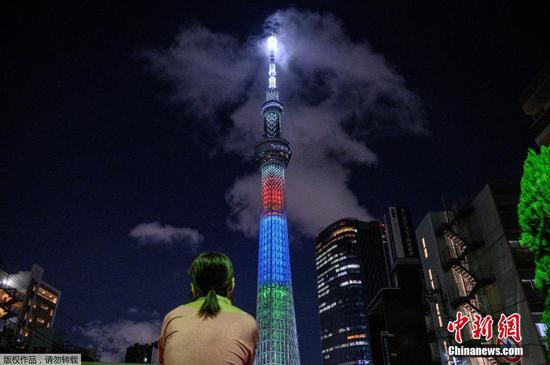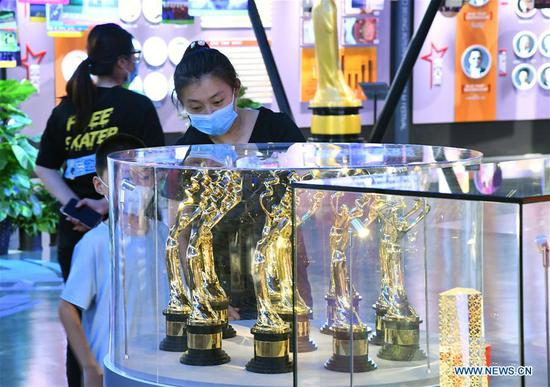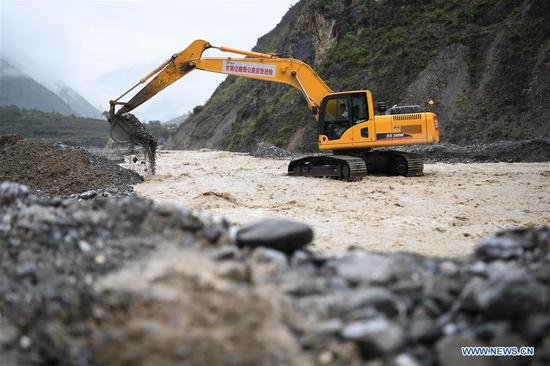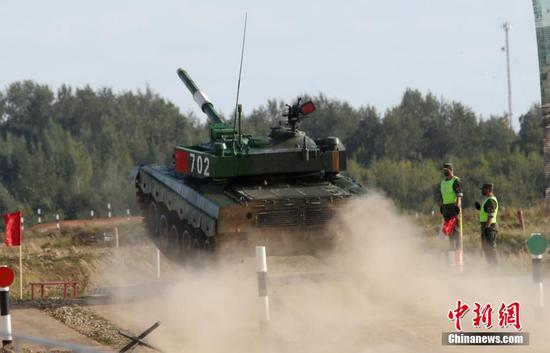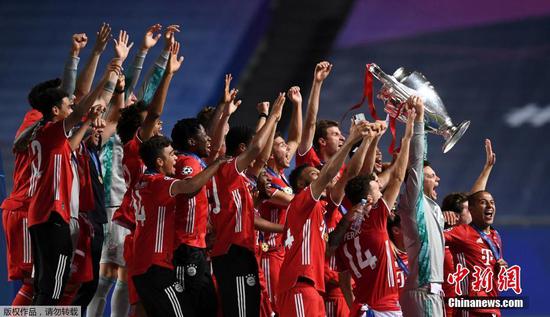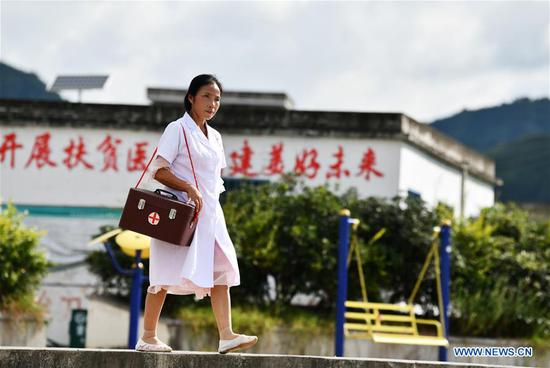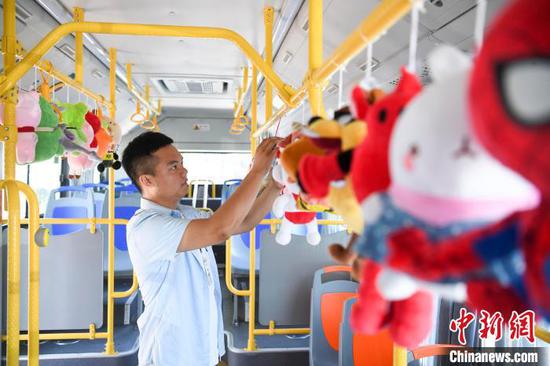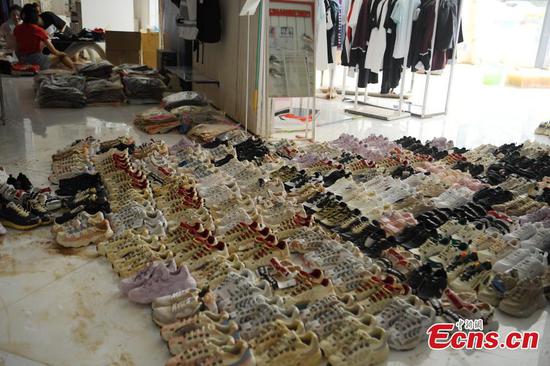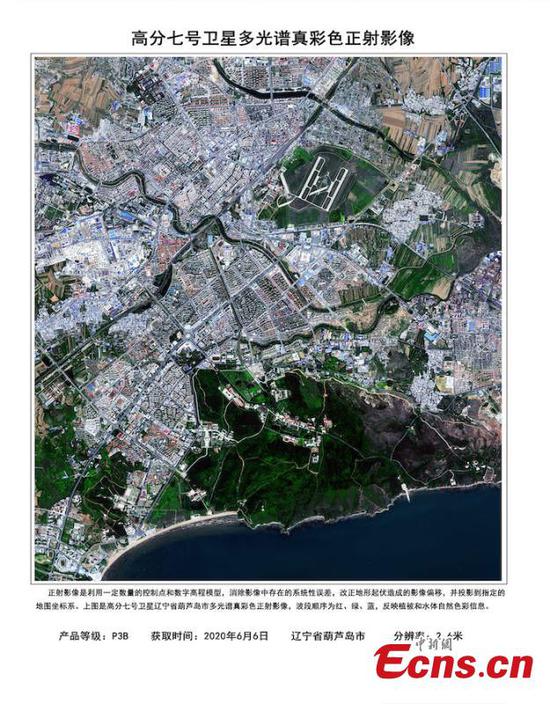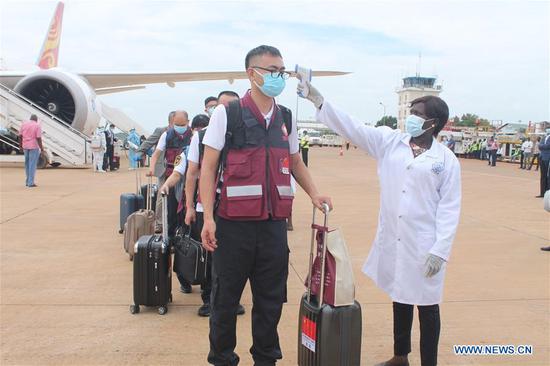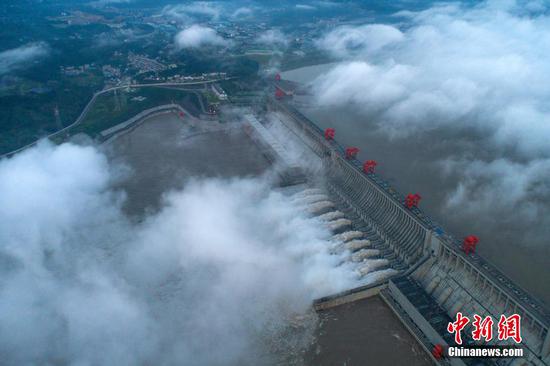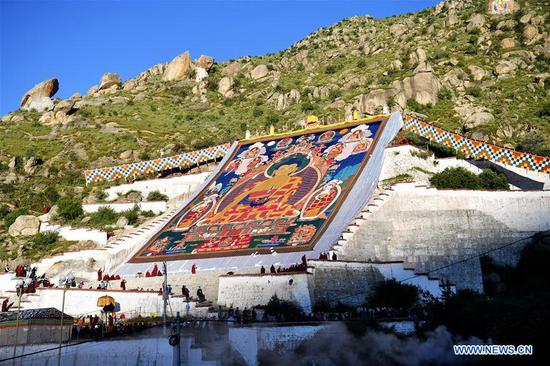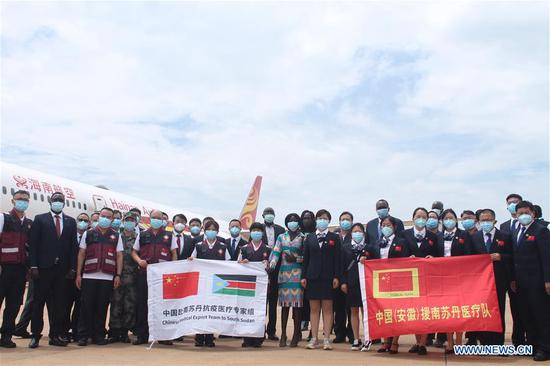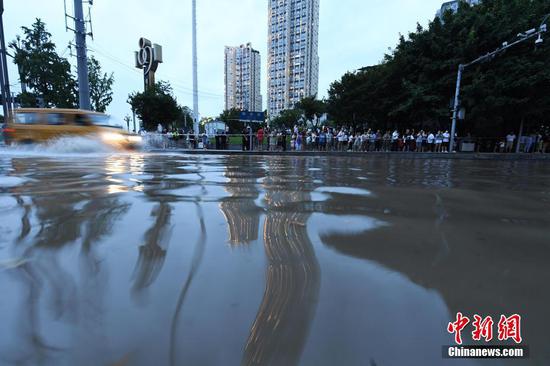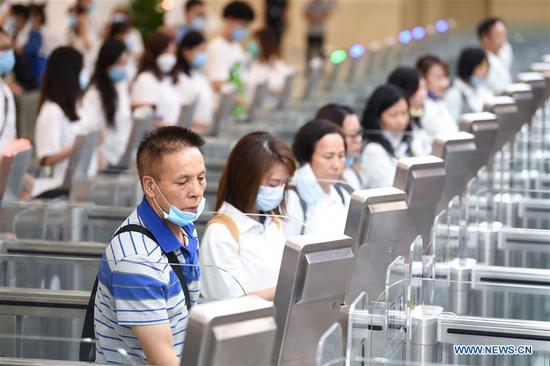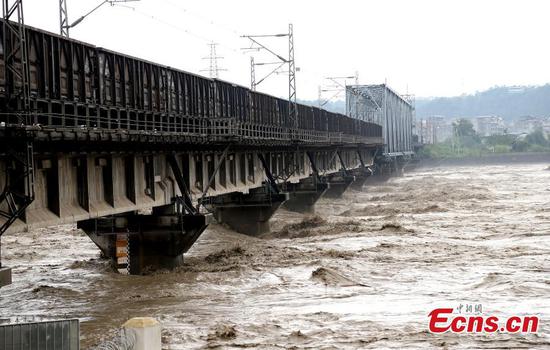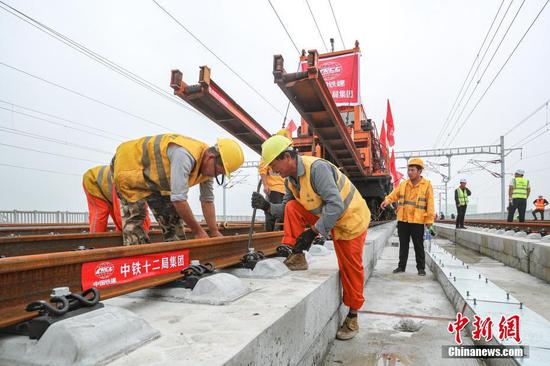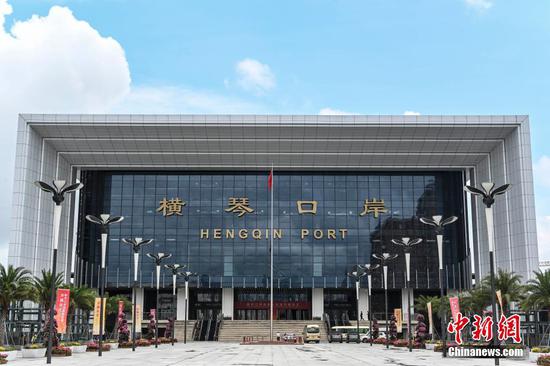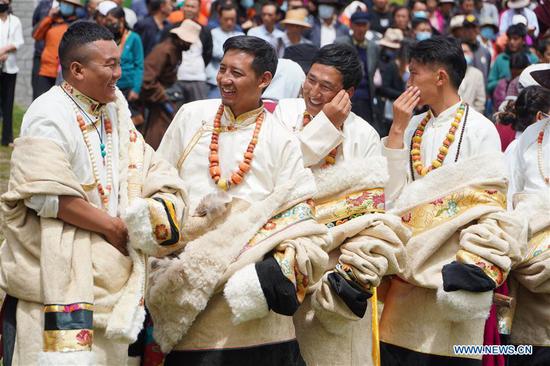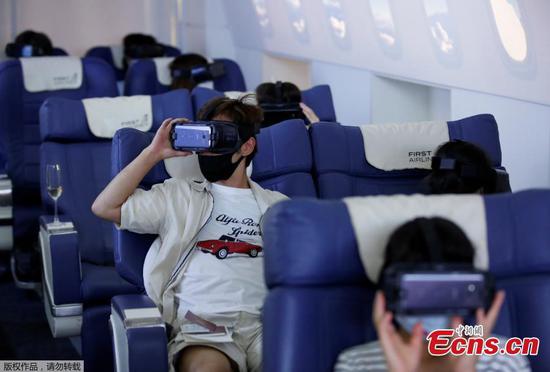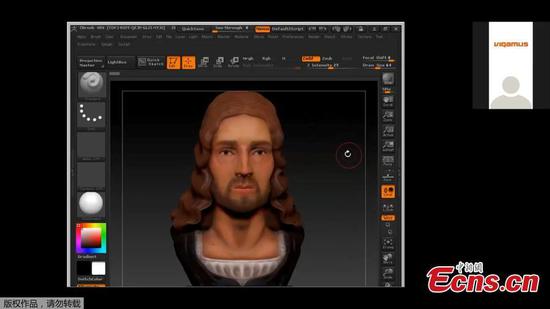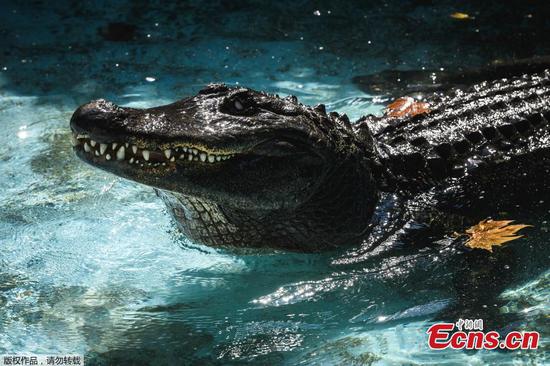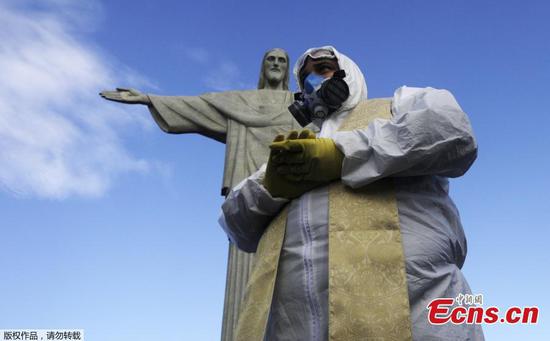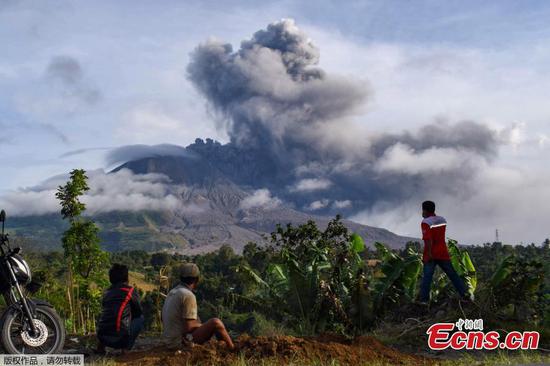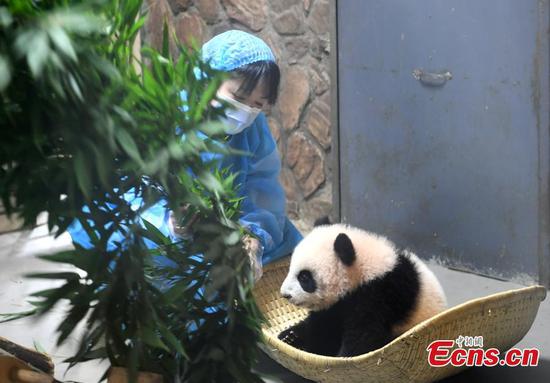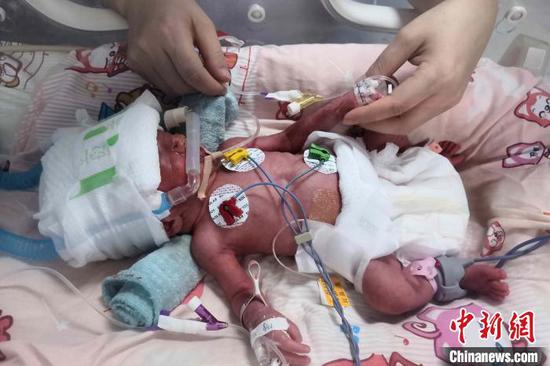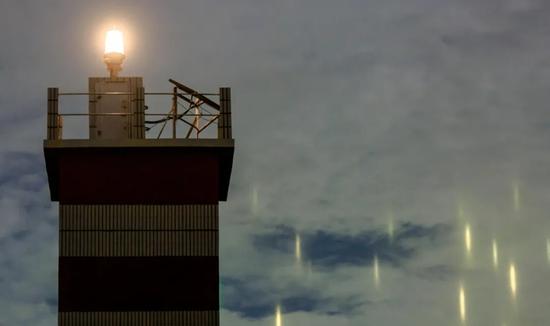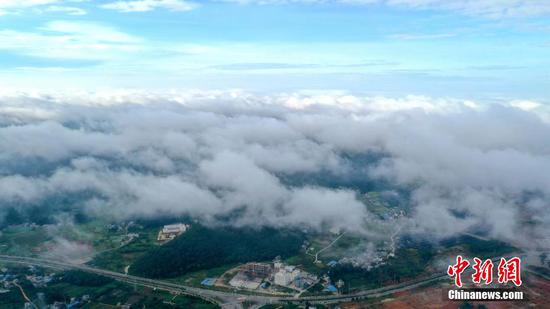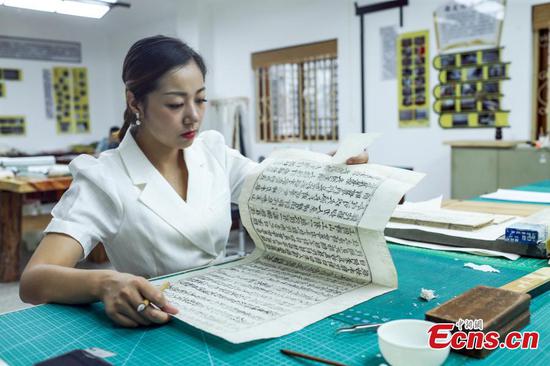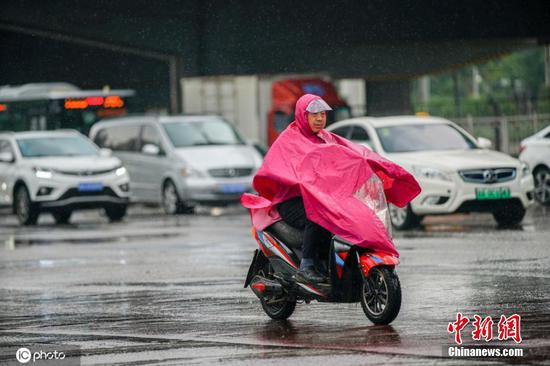6. Mike Pompeo: President Richard Nixon said "the world cannot be safe until China changes." The engagement the U.S. has been pursuing has not brought the kind of change inside of China that President Nixon had hoped to induce. The old paradigm of blind engagement with China has failed. The U.S. must induce China to change.
False.
Fact check: The U.S. engagement with China is deliberate rather than blind, and serves the national interests of the United States. President Nixon promoted the normalization of China-U.S. relations not to change China, but for the common interests of both countries. During his first visit to China in 1972, Nixon told Chinese leaders that he had come for U.S. interests. In a toast at the Great Hall of the People, Nixon said "We began our talks recognizing that we have great differences, but we are determined that those differences not prevent us from living together in peace. You believe deeply in your system, and we believe just as deeply in our system."
-- The assertion that the policy of engagement with China pursued by successive U.S. administrations has failed is just a rehash of the Cold War mentality. It turns a blind eye to all that has been achieved in China-U.S. relations over the past decades, and shows ignorance of the historical process and lack of respect for the Chinese and American peoples. This is a political virus which is understandably questioned and rebuked by people in the United States and the international community.
-- As two major countries of the world, China and the United States have coexisted peacefully over the past 40 years and more. There have been no wars or sharp confrontations. Instead, both countries have overcome difficulties and kept developing. This is the greatest achievement of the engagement policy. China-U.S. relations are of vital importance to the well-being of the two peoples and to world peace, stability and prosperity.
-- Pompeo's assertion ran contrary to historical facts, said former U.S. senior diplomat Charles Freeman, who joined Nixon's visit to China in 1972 as an interpreter. "Those who don't understand what engagement achieved argue that it failed to change the Chinese political system, something it was never intended to do," he said.
-- Richard Haass, president of the Council on Foreign Relations, said that Pompeo sought to commit the United States to a path that is bound to fail. It is not within America's power to determine China's future, much less transform it. How China addresses its challenges "will be for the Chinese people and their leaders to determine," Haass noted.
-- Paul Heer, an expert from the Center for the National Interest, a U.S. think tank, pointed out that the 50 years of engagement with China, which Pompeo denounced as a failure, actually worked. Success in the Cold War against the Soviet Union, which was aided in part by China's decision to align strategically with the United States; China's reform and opening-up policy which greatly expanded U.S.-China economic and cultural relations; decades of an endless supply of inexpensive imports and an export market for American farmers and manufacturers; a gradual Chinese embrace of multilateralism and more responsible proliferation behavior; and a dramatic opening up of Chinese society compared to what it had been.
-- Kishore Mahbubani, a professor at the National University of Singapore and a former Singaporean ambassador to the United Nations, said that when future historians look back, they'll be puzzled by the Western expectation that a country like China, with 4,000 years of political history, could be changed by a country like the U.S., with a history of fewer than 250 years. The assumption that the rest of the world will, over time, become just like the West is arrogant.
There is a fundamental difference between the United States and China, said Mahbubani, noting that the United States believes that it has the best society in the world and any other countries can be better off by copying it. However, the world has seen in the past few years how difficult it is to transform a society. When the United States exported democracy to Iraq, it ended in disaster.
Mahbubani said Chinese people have a different position, which is simply that only we Chinese can be Chinese; you choose the system that is good for you, and we choose our own. The reality is that China is now getting stronger and certainly also becoming more capable of execution.
7. Mike Pompeo: America can no longer ignore the fundamental political and ideological differences between the U.S. and China, just as the CCP has never ignored them. The U.S. must induce China to change in more creative and assertive ways.
False.
Fact check: Every country takes its development path on the basis of its cultural and historic traditions. No force is entitled to negate the choice of other countries. No country will alter its own system just because others do not like it. China has repeatedly stated that it never intends to challenge or replace the United States, or have a full confrontation with it. China has no intention to engage in rivalry of systems and ideological confrontation with the United States. China never exports ideology, never interferes in other countries' internal affairs, and never seeks to change the U.S. system. However, the incumbent U.S. administration is afraid to make such an aboveboard declaration as China does.
-- China and the United States differ from each other in history, culture, social systems, development paths and national conditions. Therefore, it is inevitable for the two countries to have some differences and frictions. What is important is for the two sides to correctly understand and properly handle such differences. Early on after the founding of the People's Republic of China, the United States pursued a containment policy toward China. The two countries even fought each other on the Korean Peninsula and then fell into 22 years of confrontation. In the 1970s, Dr. Henry Kissinger secretly visited China and then the two countries resumed exchange and opened the gate for peaceful coexistence and common prosperity under the efforts of former U.S. President Richard Nixon, Chairman Mao Zedong and Premier Zhou Enlai. Ups and downs over the past few decades fully show that confrontation and conflict are not in the interests of China or the United States and dialogue and cooperation are the right way of getting along with each other. For the sake of our two countries and the world at large, China and the United States should not seek to remodel each other. Instead, they must work together to find ways to peaceful coexistence of different systems and civilizations.
-- When China-U.S. relations were normalized in 1972, the most fundamental reason for the realization of the cross-Pacific Ocean handshaking between leaders of the two countries was that both sides upheld the principle of mutual respect and seeking common ground while shelving differences, including our ideological differences.
-- As the Joint Communique of the People's Republic of China and the United States of America (Shanghai Communique) issued on Feb. 28, 1972 states, there are essential differences between China and the United States in their social systems and foreign policies. However, the two sides agreed that countries, regardless of their social systems, should conduct their relations on the principles of respect for the sovereignty and territorial integrity of all states, non-aggression against other states, non-interference in the internal affairs of other states, equality and mutual benefit, and peaceful coexistence. The communique explicitly acknowledges that there are essential differences between the social systems of China and the United States, but the differences have not affected the establishment and development of China-U.S. relations.
-- According to the Joint Communique of the People's Republic of China and the United States of America (August 17 Communique) signed on Aug. 17, 1982, respect for each other's sovereignty and territorial integrity and non-interference in each other's internal affairs constitute the fundamental principles guiding China-United States relations. The United States government attaches great importance to its relations with China, and reiterates that it has no intention of infringing on Chinese sovereignty and territorial integrity, or interfering in China's internal affairs, reads the communique. It adds that the development of China-United States relations is not only in the interests of the two peoples but also conducive to peace and stability in the world.
-- On Nov. 17, 2009, China and the United States signed a joint statement, stressing that each country and its people have the right to choose their own path, and all countries should respect each other's choice of a development model. The United States reiterated that it welcomes a strong, prosperous and successful China that plays a greater role in world affairs.
-- In a joint statement by the two countries, which was signed in Washington on Jan. 19, 2011, China and the United States underscored that each country and its people have the right to choose their own path, and all countries should respect each other's choice of a development model.
-- U.S. President Donald Trump paid a state visit to China from Nov. 8 to 10, 2017. The two sides agreed to expand cooperation in a wide range of areas on the basis of mutual benefit, properly manage differences on the basis of mutual respect, enhance the mutual understanding and friendship between the two peoples and strengthen communication and coordination on major international and regional issues so as to move forward the China-U.S. ties.
-- What has happened in China-U.S. relations over the past generations demonstrates that this monumental choice made by the two sides is the right one. Over the past 40 years and more since the two countries entered into diplomatic ties, several generations of Chinese and Americans have worked together to advance China-U.S. relations. As a result, bilateral ties have become one of the most deeply interwoven relationships in the world with broadest cooperation areas and most extensive common interests. The ups and downs in China-U.S. relations provide ample evidence that confrontation and conflict are not in the fundamental interests of both sides, and dialogue and cooperation are the only way to go.
8. Mike Pompeo: The United States must distrust and verify when it comes to the CCP.
False.
Fact check: Pompeo's so-called "distrust and verify" approach to China abounds with strong Cold War mentality, ideological bias, condescending and bullying attitudes, as well as ignorance towards China. Indeed, there is a trust deficit between China and the United States. Its root lies in the Cold War mentality, ideological bias, and zero-sum game mindset of certain U.S. politicians, who have misread, misjudged or even deliberately distorted China's strategic intention and its internal and external policies.
-- Engagement between countries should be built on a foundation of integrity, a premise of equal treatment and a goal of peace, development and win-win cooperation. Bilateral relations should work in reciprocal ways: one country cannot have the other be responsible without taking its own responsibility for the other side. Likewise, one country cannot be concerned only with its own benefits and security without considering those of the other. If the United States assumes China to be a "potential enemy", eventually it is bound to "create an enemy". Only by regarding each other as partners can China and the United States avoid confrontation and become friends.
-- China has maintained a highly stable and consistent policy toward the United States, and China stands ready to develop a China-U.S. relationship featuring no conflict and confrontation, mutual respect and win-win cooperation based on coordination, cooperation and stability. This will require the two sides to work in the same direction, respect international law and rules, and engage in equal dialogue and consultation.
-- While the United States unscrupulously contains and smears China around the world, and meddles in China's domestic affairs, it should not demand unrealistically that China show understanding and support to the United States in bilateral and global affairs. As an independent sovereign country, China has every right to uphold its sovereignty, security and development interests, safeguard the achievements that the Chinese people have made through hard work, and reject any bullying and injustice imposed on it.
-- The U.S. government has continuously pulled out of international treaties and organizations. It wields the stick of sanctions wherever it wants and ignores its international obligations and the international norms, making itself the most damaging force of the current international order and the biggest source of global instability. The current U.S. administration has pulled out of more international treaties than any one before it. It is the United States, not others, that deserves the "distrust and verify" approach the most.
9. Mike Pompeo: The CCP fails in its promises to the world, leading to the continued rise in the pandemic's death toll.
False.
Fact check: The Chinese government has taken the most comprehensive, strict and thorough prevention and control measures in the shortest time, containing the epidemic mainly in Wuhan. Data showed that very few cases were from China, and the transmission chain of the virus was effectively cut off. A Science magazine report estimated that the aforementioned measures reduced the number of infected people in China by more than 700,000.
-- When Wuhan was locked down on Jan. 23,2020, there was only one confirmed case in the United States. When the U.S. on Feb. 2 closed its borders to all Chinese citizens and foreigners who had been to China over the past 14 days, it reported merely more than 10 confirmed cases. When the U.S. declared a state of emergency on March 13, the country's COVID-19 tally was 1,896. When the Chinese government lifted the lockdown on Wuhan on April 8, the number of confirmed cases in the U.S. reached 400,000. The country saw its tally rise from one to 1 million in less than 100 days. Currently, the number of confirmed cases in the U.S. has exceeded 5.69 million with the death toll over 170,000.
-- From the onset of COVID-19, the largest emergency humanitarian operation in the history of the People's Republic of China has been carried out. The nation widely shared its experience in COVID-19 prevention and control, provided medical supplies and dispatched medical teams to where they were needed overseas. By early May, seven versions of the diagnosis and treatment guidelines and six versions of the prevention and control guidelines had been made public through an online knowledge center. A 2-billion-yuan special fund had been set up to fight COVID-19, and over 120 video conferences had been held with experts and officials from more than 160 countries and international organizations. Medical supplies had been provided to more than 150 countries and international organizations, and 29 Chinese medical teams had been sent to 27 countries. China set up a joint expert group with the EU, and established a prevention and control cooperation mechanism with the Republic of Korea. China sent a cash donation of 50 million U.S. dollars to the World Health Organization, pledged to make COVID-19 vaccines global public goods, and provided the world with more than 70 billion face masks. In response to the G20 call for debt repayment moratorium for the poorest countries, China has agreed to suspend principal and interest repayments on the debts of 77 developing countries due from May 1 to the end of this year. The international community commended China's help and support which reflected the spirit of sharing weal and woe and helping each other, and further highlighted the importance of building a community with a shared future for mankind.
-- On May 1, the website of U.S. Centers for Disease Control and Prevention (CDC) released a report by CDC Principal Deputy Chief Anne Schuchat and CDC COVID-19 response team, which showed that after the United States' first confirmed case was reported on Jan. 21, the pandemic seemed to be brought under control in February, but then intensified rapidly. Factors including a continued rise in imported cases, mass gatherings, the introduction of the virus into high-risk workplaces and densely populated areas, and limited testing that led to covert and asymptomatic transmissions, accelerated the spread of the virus in February and March.
-- New York State Governor Andrew Cuomo pointed to a research by Northeastern University showing that the first strain of the novel coronavirus entering his state was not from China. The New York Times quoted American experts who confirmed that most New York coronavirus cases did not come from Asia.
-- Statistics from several major Canadian provinces showed that the virus was introduced into Canada by American travelers. A study by France's Pasteur Institute found that the source of the virus strain transmitted locally was unknown. Russia reported no imported cases from China. Data from the Australian Government Department of Health showed that the proportion of imported cases from Northeast Asia was extremely small. Japan's National Institute of Infectious Diseases said the pandemic that spread in Japan after March did not originate in China.
-- As the New York Times pointed out in an article titled Why is the U.S. exporting coronavirus, the United States, with the largest number of COVID-19 cases in the world, is continuing to deport thousands of immigrants, many infected with the coronavirus. In late April, the Guatemalan government reported that nearly a fifth of the country's coronavirus cases were linked to deportees from the United States. Seventy-one of 76 deportees tested positive for the coronavirus.
10. Mike Pompeo: The world would be much better if doctors in Wuhan had been allowed to raise the alarm about the outbreak of a new and novel virus.
False.
Fact check: On Aug. 3, Richard Horton, editor-in-chief of medical journal The Lancet, wrote in an article in The Guardian, saying that Chinese doctors quickly warned their government and their government warned the world, but Western nations failed to listen to those warnings. To blame China for this pandemic is to rewrite the history of COVID-19 and to marginalize the failings of Western nations.
-- The novel coronavirus is unknown to mankind. It takes a process to study and understand it. As one of the first countries hit by the virus, China undertook a closed-book exam, which means developing effective prevention and control measures requires more careful research beforehand. Jumping to conclusions without research shows no sense of responsibility to science and to the people.
-- China has been open, transparent, rapid and effective in its response to COVID-19, with no cover-ups or delays. On Dec. 27, 2019, Dr. Zhang Jixian, director of the respiratory and critical care medicine department at Hubei Provincial Hospital of Integrated Chinese and Western Medicine, reported suspected cases. After that China took rapid actions, carried out etiological and epidemiological investigations, and blocked the spreading of the epidemic. China's information sharing has been timely. Starting from Jan. 3, 2020, China provided epidemic updates on a regular basis to the World Health Organization and foreign countries including the United States. China carried out international cooperation, shared the genome sequence of the virus with other countries at the earliest time possible, and shared its epidemic prevention and control experience. The United States ignored the warnings from China. Now out of political motives, it is wantonly questioning China's transparency. Such a move is utter disrespect for the tremendous efforts and sacrifices of the Chinese people.
-- After the COVID-19 outbreak, the vast majority of Chinese medical workers, bearing in mind their supreme mission of safeguarding the lives and health of the people, rushed to the front line of epidemic prevention and control without hesitation, raced against time to rescue patients, fought against the disease, and created one medical miracle after another. Their professional ethics, professionalism and strong will are highly recognized by people from all walks of life in China. The Chinese government has unveiled a slew of measures to protect and care for medical staff and commended them with awards and honors. Zhang Dingyu, head of Wuhan Jinyintan Hospital, and Zhang Jixian, the doctor at Hubei Provincial Hospital of Integrated Traditional Chinese and Western Medicine who first reported the COVID-19 cases, have gotten a merit award. Many medical staff and medical teams were honored with the May Fourth Medals, and eight medical workers, including Li Wenliang, were honored posthumously. Recently, Zhong Nanshan was awarded the Medal of the Republic, while Zhang Boli, Zhang Dingyu and Chen Wei were awarded the national honorary title "the People's Hero" to honor their significant contribution to the fight against COVID-19.
-- U.S. politicians have put politics above science, ignored the reality of their incompetence in fighting the epidemic, and repeatedly criticized the epidemic prevention and control advice raised by Anthony Fauci, director of the National Institute of Allergy and Infectious Diseases. Fauci said he and his family had received death threats and had to get extra security. Recently, over 3,000 U.S. public health experts signed an open letter, criticizing the efforts of White House officials to discredit Fauci. Calling the COVID-19 pandemic the greatest challenge the United States has faced in its history, the open letter said the attempt of the White House to discredit and marginalize Fauci is a dangerous distraction. The Washington Post commented on July 20 that under the guidance of the U.S. government, many Americans believe scientists and mainstream media have exaggerated the severity of the pandemic or even fabricated the pandemic, and that resistance to scientific experts has become part of the political agenda. A New York Times report cited the experience of Dr. Helen Y. Chu, the U.S. whistleblower, and a team of researchers, saying that faced with a public health emergency on a scale potentially not seen in a century, the United States has not responded nimbly. The professional advice of Rick Bright, former director of the Biomedical Advanced Research and Development Authority under the U.S. Department of Health and Human Services, was unkindly treated by senior U.S. health officials. He was ousted from his position after refusing to allow wide use of the medicine in accordance with government orders. The official website of the U.S. Centers for Disease Control and Prevention stopped updating in early March and deleted relevant data on the number of people tested for the novel coronavirus and the number of deaths.









